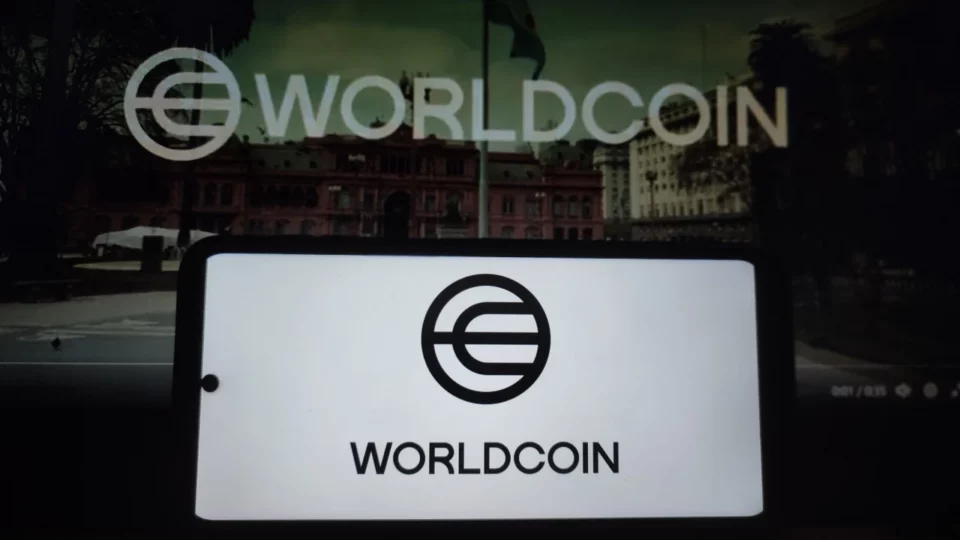The European Commission refers the implementation of the GDPR to data protection authorities, but warns Jornal Economico that the regulation provides for cross-border cooperation. The Portuguese association D3 – Defense of Digital Rights goes further: “We believe that the CNPD should follow its Spanish counterpart.”
Queues of people interested in registering their iris with Worldcoin continue in Portugal, as do complaints about the collection of biometric data, especially from parents of minors who have done so. According to Jornal Economico (JE), the European Commission says it is “aware of recent developments related to Worldcoin and the suspension of its operation in Spain,” although it does not comment on specific cases.
Brussels notes that enforcement of the General Data Protection Regulation (GDPR) “lies with data protection authorities,” but warns that this law also provides for “national data protection authorities to cooperate on cross-border issues whenever necessary.” .
In fact, the National Data Protection Commission (CNPD) has conducted an investigation over the past five months – and is now in the decision-making phase – regarding data processing by Worldcoin. While Dico asks the CNPD for more speed, the D3 Association – Defense of Digital Rights goes further and defends, in statements to the JE newspaper, that the authority is following in the footsteps of neighboring Spain.
“We believe that the CNPD should follow its Spanish counterpart and decide to suspend Worldcoin activity while it conducts its investigations. The courts rejected Worldcoin’s appeal against the AEPD decision. [Agencia Española de Protección de Datos]which is investigating based on concerns about the processing of data of minors and the very limited information provided to people, raising questions about informed consent, which could constitute a violation of the GDPR,” says the head of D3.
Ricardo Lafuente admits to JE that the association has received several calls from citizens concerned about the implications of joining Worldcoin and reveals that some information resources are being prepared to help them understand the “phenomenon” and the effects of iris registration and also support those who have done it and regret it.
“It is legally up to the company to clearly provide full information. The way it presents its terms in extreme legal language that is incomprehensible to the vast majority of the population – in violation of the principle of transparency, Article 12 of the GDPR – leads us to doubt its good faith when It is about “providing people with the elements to make an informed decision,” highlights the D3 president.
More: Ricardo Lafuente explains that the CNPD is also responsible for informing the population without “limiting responsibility” to those who go to Situations From Worldcoin for not reading the legal documents well. “It's as if the ASAE suggested that people should be responsible for checking the sanitary conditions of the restaurants they visit to prevent their children from getting food poisoning,” compares the design specialist and academic professor.
Last Monday, the National Court – a court with jurisdiction throughout Spain – rejected Worldcoin's appeal over the AEPD's decision to suspend its activity. This was one of the nine countries, in addition to Portugal, where the ChatGPT Creator Foundation operates (Germany, Argentina, Chile, USA, Japan, Mexico, South Korea and Singapore). Here, the orbs (the name of the gray technological “spheres”) are made to survey to the eye) is present in 17 locations: in Matosinhos, Maya, Braga, Lisbon, Montego, Llores, Seixal, Setubal, Vila Nova de Gaia, Porto, Aveiro, Rio Tinto and Almada.

“Writer. Analyst. Avid travel maven. Devoted twitter guru. Unapologetic pop culture expert. General zombie enthusiast.”

